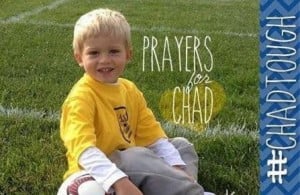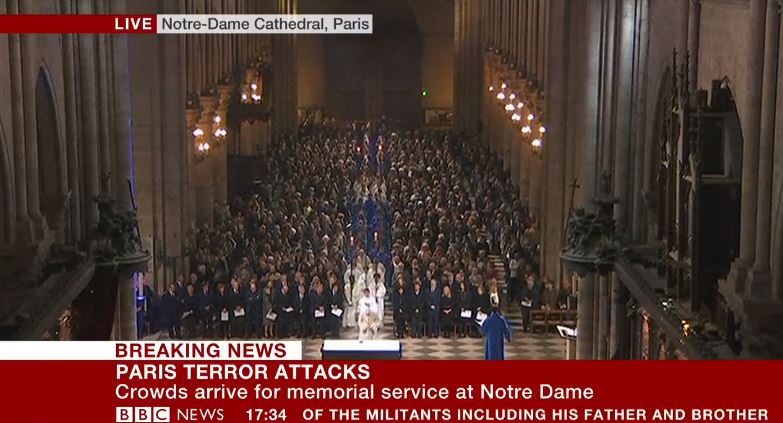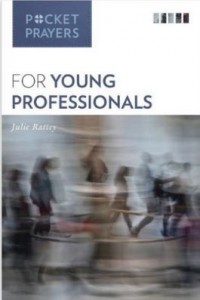 Worrisome news today out of the Archdiocese of Chicago: Cardinal Francis George writes in his column in the archdiocesan newspaper, the Catholic New World, that his cancer has become active once again.
Worrisome news today out of the Archdiocese of Chicago: Cardinal Francis George writes in his column in the archdiocesan newspaper, the Catholic New World, that his cancer has become active once again.
We knew that his cancer–which affected his bladder in 2006 and returned in 2012 to affect his kidney and liver–was not gone; but it’s been in remission for a year. Now, he writes in his Lenten meditation to Catholics in the Archdiocese of Chicago, the tumor is showing signs of new activity. More aggressive (and likely, more debilitating) chemotherapy will be required.
The Cardinal writes:
If I may speak personally, this Lent finds me once again in poor health. My cancer, which was dormant for well over a year, is still confined to the area of the right kidney, but it is beginning to show signs of new activity. After many tests, scans, biopsies and other inconveniences, the settled judgment is that the best course of action is to enter into a regimen of chemotherapy, with drugs more aggressive than those that were used in the first round of chemo. This treatment will take place over the next two months, when my reaction to the chemo will be evaluated.
I was able to maintain my administrative schedule well during that first round, although my public schedule was sometimes curtailed because of lowered immunity. As I prepare for this next round of chemo, I ask for your prayers, which have always sustained me, and for your understanding if I cannot always fulfill the schedule already set for the next several months. While I am not experiencing symptoms of cancer at this time, this is a difficult form of the disease, and it will most probably eventually be the cause of my death. Chemo is designed to shrink the tumor, prevent symptoms and prolong life.
I imagine this news will increase speculation about my retirement. The only certainty is that no one knows when that will be, except perhaps the Holy Father, and he hasn’t told me. As required by the Code of Canon Law, I submitted my resignation two years ago and was told to wait until I heard from the pope. The consultation the pope makes through the Apostolic Nuncio takes a good number of months, and it hasn’t formally started yet.
But as always, His Eminence reaches out beyond his own need and concerns, expressing his hope and vision for the archdiocese which he serves. He continues:
In the meantime, Lent gives me a chance to evaluate not only my life of union with the Lord but also my life and actions here as Archbishop of Chicago. Every life is more tactics than strategy, i.e., each day is filled with activities that meet the needs of the hour and that respond to people in front of you. But behind the daily activities, leadership demands a sense of strategy: What are the overall goals of the varied activities that fill our lives?
When I returned to Chicago as archbishop in 1997, the goals of the Decisions document, completed under Cardinal Bernardin, gave me a sense of direction that has continued to be helpful. But I also had a sense, first developed when I returned to this country from Italy in 1987, that the church here was going to go through a period of some institutional decline. In a period of institutional decline, one saves as much as possible the elements of institutional presence that are necessary for mission — parishes, schools, seminaries, etc. — but one pays particular attention to the formation of people. No matter how weak an institution might become, if enough people are well formed as disciples of Jesus Christ, the church’s mission is secure.
Consequently, I am especially grateful to those who have helped over the years to reform and renew the various personnel formation programs: the seminary system, the diaconate preparation programs, the lay ministry programs, the instruction in the liturgy, the catechetical formation programs in three languages and the preparation of teachers and principals, giving them a new sense of their work as ministry. All the personnel formation programs have been reworked according to the mind of the church, and some have been newly created with the same purpose. Whoever comes next as archbishop will have people he can trust and depend on.
There’s more. You can read his full column here.
Prayers for you, Cardinal George, and for all of us who love you. May God grant you strength and, if it be His will, may the skilled hands of your doctors bring you a measure of good health. Speaking for ourselves, we Catholics in the American Church pray that we will have the benefit of your leadership and wise counsel with us for many years to come.
Please continue to keep Cardinal George in your prayers.
Following news that his bladder cancer has recurred, His Eminence has been on an aggressive chemotherapy regime.
When he went for his regular check-up on Friday, March 14, and doctors determined that he was dehydrated and made the decision to readmit him to Loyola Medical Center. Cardinal George had been experiencing “flu-like symptoms” and is now receiving fluids and antibiotics intravenously. He is said to be alert and in good spirits.
Colleen Dolan, director of communications and public relations for the Archdiocese of Chicago, reports that the Cardinal is doing well and is even working on paperwork from his hospital bed.
He will probably be released on Wednesday or Thursday, March 19 or 20.











